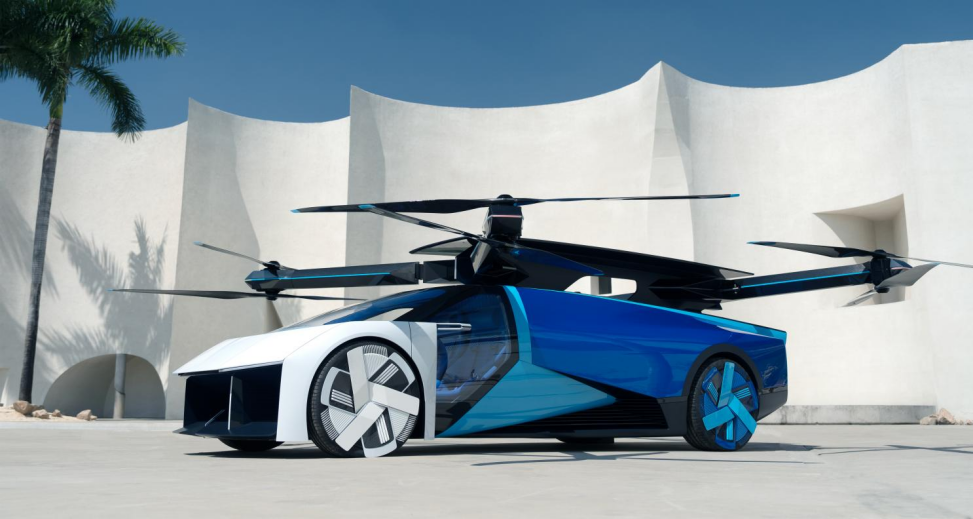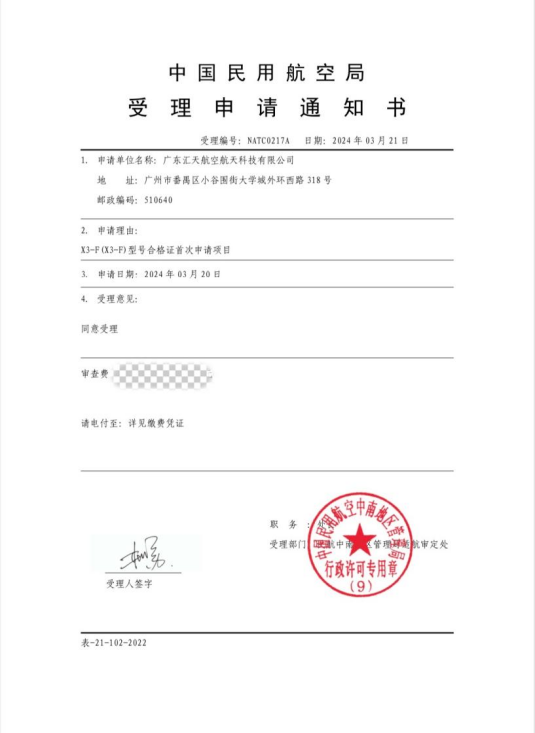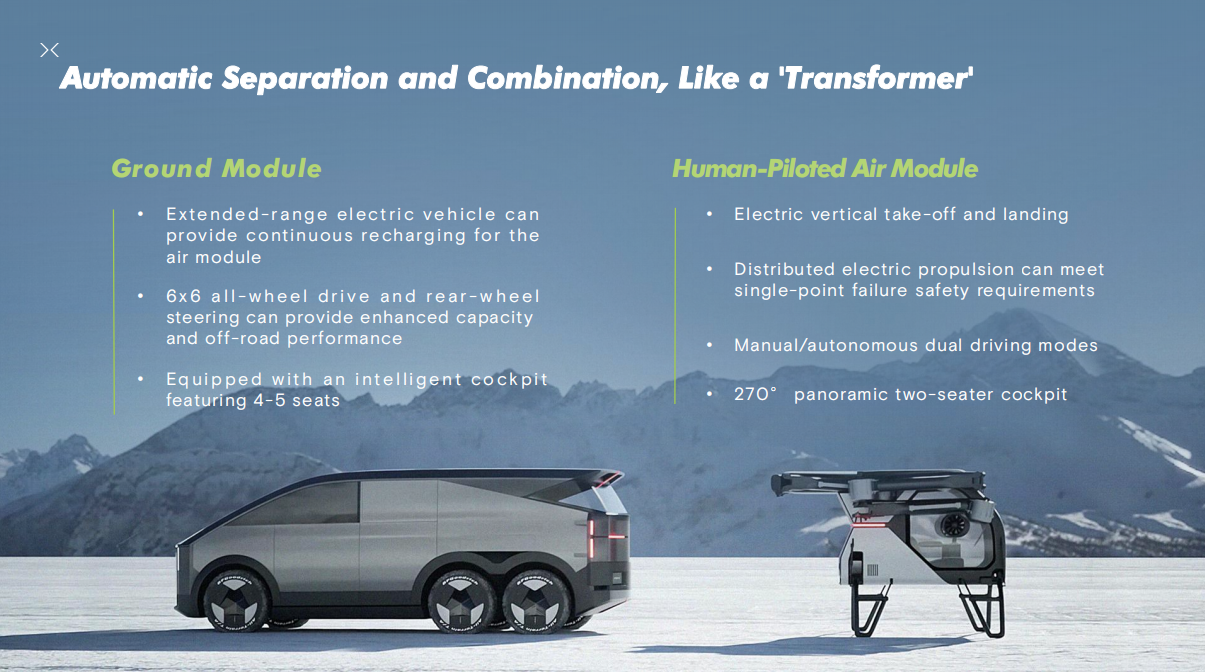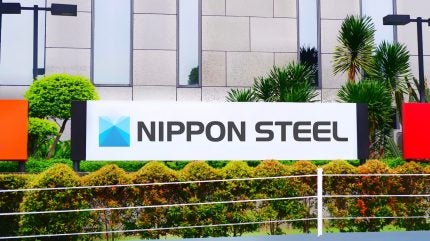Sign up for daily news updates from CleanTechnica on email. Or follow us on Google News!
I’m not going to lie — this one’s got me laughing. You have to assume something is serious when there’s actually a factory being built for it, but a flying car? Really? It feels very 1950s.
But hey, eVTOL (electric vertical takeoff and landing) aircraft have been hyped up for the past decade, and such vehicles have progressed in that time, especially as battery technology has improved and costs have come down. And why not make the eVTOL vehicle something that can drive to make it more practical and useful, right? Right?
Let’s get to the exact news. Xpeng Aeroht, a subsidiary of Xpeng, is reportedly going to build a factory in Guangzhou in order to produce its flying car. “Xpeng Aeroht signed an investment and cooperation agreement with Guangzhou development district authorities today, which will provide support in the areas of land use, financing, and flying car application scenarios, according to a press release,” CnEVPost wrote yesterday. “Xpeng Aeroht will build a research and development, manufacturing, and sales center for flying cars in the Guangzhou development district to conduct product testing, production, sales, and operations. The manufacturing center will be the world’s first flying car factory to utilize a modern assembly line for large-scale mass production, and will first be used to produce the flying body portion of its modular flying car, Xpeng Aeroht said.”
The press release must have been in Chinese somewhere, because it’s not on Xpeng Aeroht’s or Xpeng’s English news release pages. Xpeng Aeroht has published two English news releases this year, and published two last year, and all four of those do relate to this. First of all, note that Xpeng Aeroht was founded all the way back in 2013 — much earlier than I realized. But it was in September 2013 that Xpeng Aeroht announced a comprehensive testing center for flying cars. Then, in October 2023, the company introduced the “Land Aircraft Carrier” modular flying car. “This innovative marvel boasts a unique two-part design, seamlessly switching between a terrestrial and aerial mode. The air module facilitates vertical takeoff for low-altitude flights, while the ground module ingeniously envelops the air module, allowing for ground transportation,” XPeng wrote at the time. Here are some pictures from that event:
It’s a cool concept. But it’s still hard to believe in. (Also, looking at that last picture, it’s hard to not see it as an imitation of the Tesla Cybertruck in ground version.) And then you’ve got this version of a flying car:
Then we’ve got the 2024 announcements. In January 2024, aligned with CES, Xpeng brought that sporty second flying car to Las Vegas for its international debut. But it also announced that the Land Aircraft Carrier would be available for pre-order in Q4 2024, with deliveries to individual buyers in Q4 2025. Really? Really. In March, Xpeng Aeroht announced that it “officially had its Type Certificate (TC) application accepted by the Civil Aviation Administration of Central and Southern China (CAAC).”
What does that mean? That means the following: “Type Certificate (TC) is an approval of the design of civil aviation products (civil aircraft, aircraft engines, or propellers), issued by the Civil Aviation Administration of China (CAAC) to the design unit of civil aviation products in accordance with the ‘Regulations on the Qualification Approval of Civil Aviation Products and Parts’ (CCAR-21). This TC application acceptance represents the authority’s recognition of XPENG AEROHT’s comprehensive capabilities and project feasibility.”
Now, the news is that Xpeng Aeroht is ready to build a factory for this flying car where it had a “trial plant.”
I’m fascinated and intrigued. I can’t wait to see this. And I can’t wait to see it hitting consumers’ hands.
All images courtesy of Xpeng Aeroht
Have a tip for CleanTechnica? Want to advertise? Want to suggest a guest for our CleanTech Talk podcast? Contact us here.
Latest CleanTechnica.TV Videos
CleanTechnica uses affiliate links. See our policy here.
CleanTechnica’s Comment Policy












